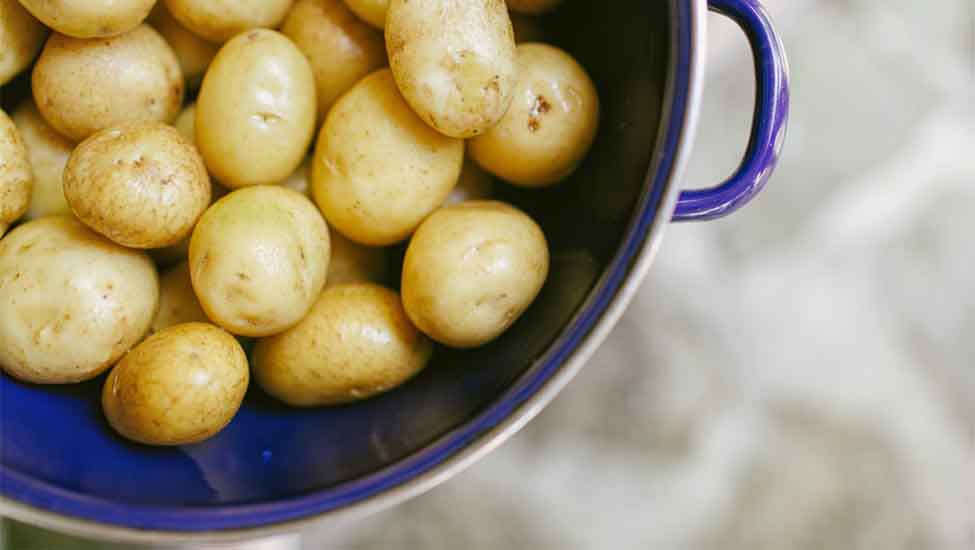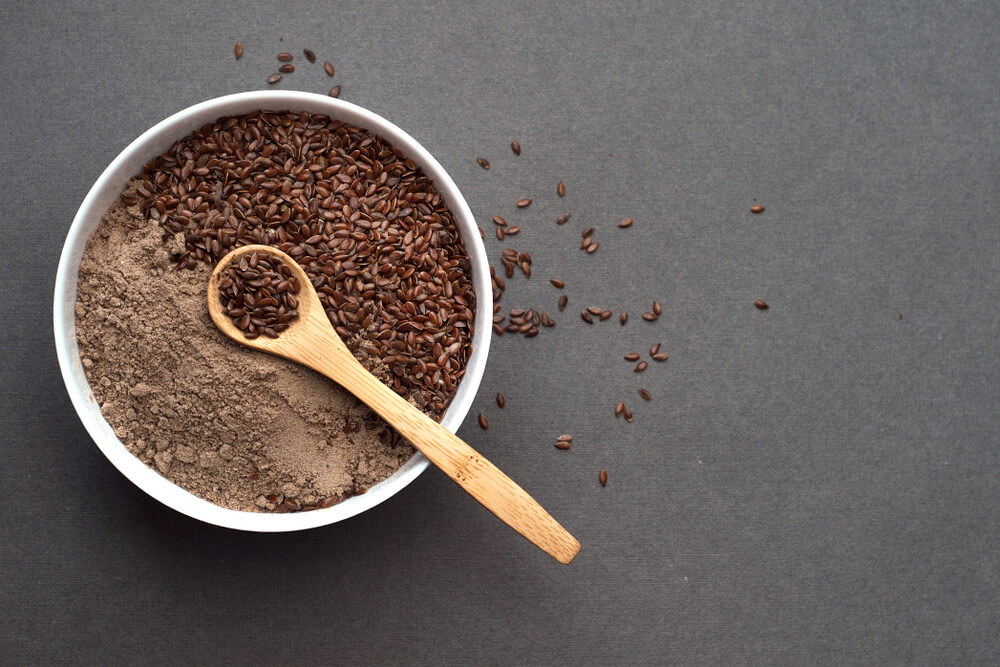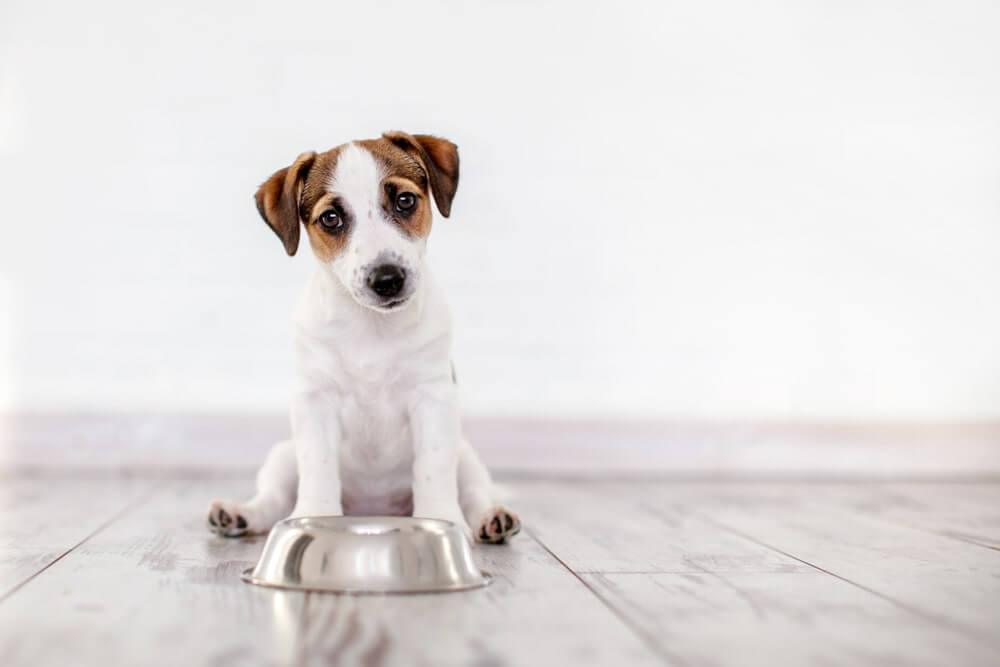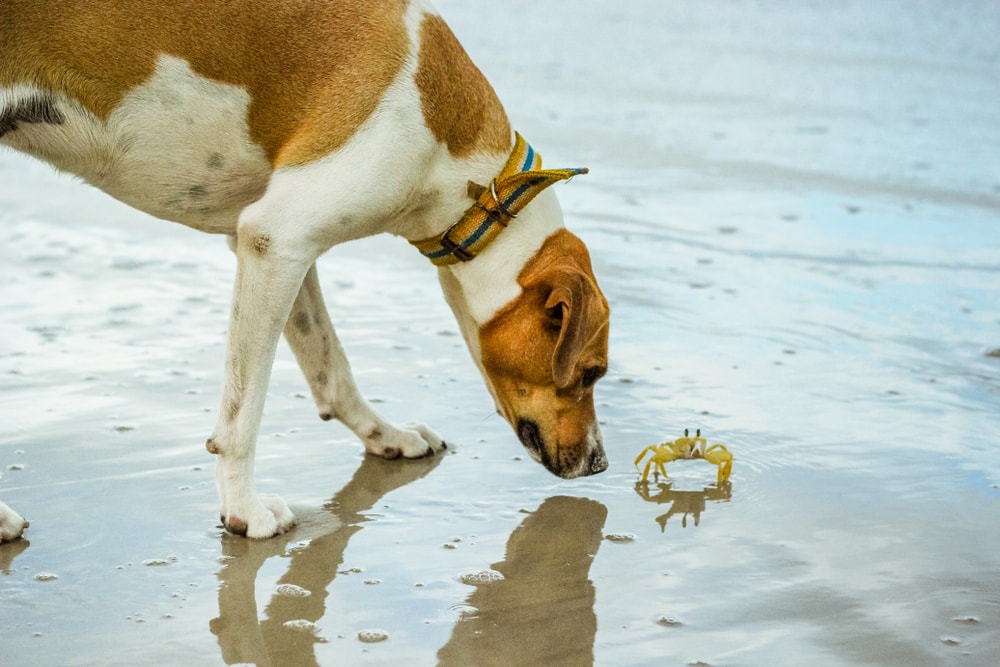Hey Ollie blog readers! We’re offering you an exclusive 60% OFF your starter box! Try now!
Potatoes often get a bad rap in the pet nutrition world—but do they really deserve it? Many dog parents ask, “Can dogs eat potatoes?” and “Are potatoes good or bad for dogs?” The truth is, when cooked properly and fed in moderation, potatoes can be a safe source of energy and nutrients for some dogs. To clear up the confusion, we asked Dr. Korinn Saker, DVM, Ph.D., a clinical nutrition expert at North Carolina State University, to weigh in. “Much of the concern comes from the starch content in white potatoes,” she explains. Let’s dig into the facts about potatoes in a dog’s diet—what’s safe, what’s not, and how to serve them the right way.
Can Dogs Eat Potatoes?
Yes, dogs can eat potatoes—but only when they’re fully cooked and served plain. Potatoes are not toxic to dogs when prepared correctly, but raw potatoes can pose serious risks. That’s because uncooked potatoes contain solanine, a natural compound that can be harmful to dogs if consumed in large amounts.
According to the American Kennel Club (AKC), solanine levels drop when potatoes are cooked, making them safer for dogs to eat.
To keep your dog safe, always serve boiled, baked, or steamed potatoes without any added butter, oil, salt, or seasonings. Avoid fried potatoes, mashed potatoes with milk or butter, or any form that includes garlic or onions, which are toxic to dogs.
Safe Ways to Serve Potatoes to Dogs:
- Peeled and boiled until soft
- Plain baked potato chunks (no skin or seasoning)
- Steamed potato added as a food topper
Avoid feeding raw, green, or sprouted potatoes, which are more likely to contain concentrated solanine levels.
Are Potatoes Good for Dogs?
Potatoes offer some nutritional benefits, but they aren’t a superfood for dogs. As a source of carbohydrates, potatoes provide energy, and they contain modest amounts of vitamin C, potassium, and fiber. However, compared to other vegetables like carrots or spinach, potatoes are lower in overall nutrients.
For healthy dogs, small amounts of cooked potatoes can be a safe treat or meal addition. But they shouldn’t replace protein-rich foods or vegetables with higher vitamin and mineral content.
Dr. Korinn Saker, DVM, Ph.D., notes, “It’s often the starch content in potatoes that concerns pet owners—but in controlled portions, cooked potatoes can fit into a balanced diet.”
When Potatoes Might Not Be Good For Dogs:
- Overweight dogs: Potatoes are calorie-dense and can contribute to weight gain.
- Dogs with diabetes: Potatoes have a high glycemic index and can cause blood sugar spikes.
- Dogs with allergies or food sensitivities: Always introduce slowly and monitor for reactions.
To sum it up, potatoes are okay for dogs in moderation, but they aren’t essential. If you’re looking for nutrient-rich, balanced meals made with carefully chosen ingredients, Ollie’s fresh dog food plans are crafted to meet your dog’s specific needs—without the guesswork.
Are potatoes dangerous for dogs?
Raw potatoes contain solanine, which can slow down your pup’s heart, blur his vision and obstruct his digestion—it’s especially prevalent in the sprouts and on the green parts. But as long as they’re cooked, and all stems and shoots are removed before cooking, potatoes themselves pose no risk to most dogs, Saker says. Otherwise, potatoes should be avoided if your dog has hyperkalemia (high blood potassium concentration) or end stage renal disease. And since they can cause blood sugar spikes, they aren’t recommended for dogs with diabetes.
What about potato allergies?
Potatoes are one of the most common allergies reported for dogs—signs include chronic gas, frequent ear infections, bald patches and hives. That being said, many humans think their dogs are allergic to potatoes when they actually aren’t: “There is a very, very low chance of an individual having an allergy to potato starch,” says Saker. If you suspect your pup is allergic, you can do an elimination diet or run a blood test, but they are generally unreliable. In fact, if there is a concern of potential allergies to a grain carbohydrate, potato is a common substitute carb.
Are white potatoes healthy for dogs?
“If prepared correctly, potatoes are a good, acceptable carbohydrate source in a dog’s diet,” she says. They’re very rich in potassium, Vitamins C, B6 and B3, magnesium, iron, copper and fiber, along with antioxidants. In fact, a study by the USDA’s Agricultural Research Service found more than 60 different vitamins and phytochemical in potatoes that support heart health, immunity and protect against cancer. So they’re pretty healthy for pups!
Are sweet potatoes better for dogs?
Sweet potatoes have more starch and provide more fiber, Saker says. Both are high in potassium, but sweet potatoes are a very rich source of beta-carotene (dogs convert this to Vitamin A, which is beneficial for healthy vision and supports a healthy immune system). Sweet potatoes are also rich in anthocyanins, which have health benefits such as antioxidants and anti-inflammatory nutrients. So sweet may be preferable, but that doesn’t mean white ones are necessarily bad.
So what’s the verdict?
If your dog isn’t truly allergic (check with a vet for that one), potatoes are perfectly fine to include in his diet – as long as they’re in moderation. And stay away from raw potatoes and potato chips, no matter how badly your pup wants his own bag.
The Ollie blog is devoted to helping pet parents lead healthier lives with their pups. If you want to learn more about our fresh, human-grade food, check out MyOllie.com.
Tagged As:

The nutrition your dog needs,
the food they want.

Enjoying our articles? Subscribe our Newsletters and get new articles directly to your inbox
You might also like
18 September 2025
6 MINS READ
Can Dogs Eat Flaxseed? Is Flaxseed Safe For Dogs?
Wondering if flaxseed is safe for your dog? This guide breaks down the benefits, risks, and best ways to add flaxseed, or flaxseed oil, to your pup’s diet.
18 September 2025
6 MINS READ
Why is My Dog Not Eating But Acting Normal? Causes & What To Do
Worried your dog isn’t eating but still acting normal? Here’s what could be going on and what to do to help your pup get their appetite back.
18 September 2025
5 MINS READ
Can Dogs Eat Crab? Is Crab Meat Safe For Dogs?
Thinking about giving your dog crab meat? Find out if it’s safe, what risks to watch for, and when crab might do more harm than good.







